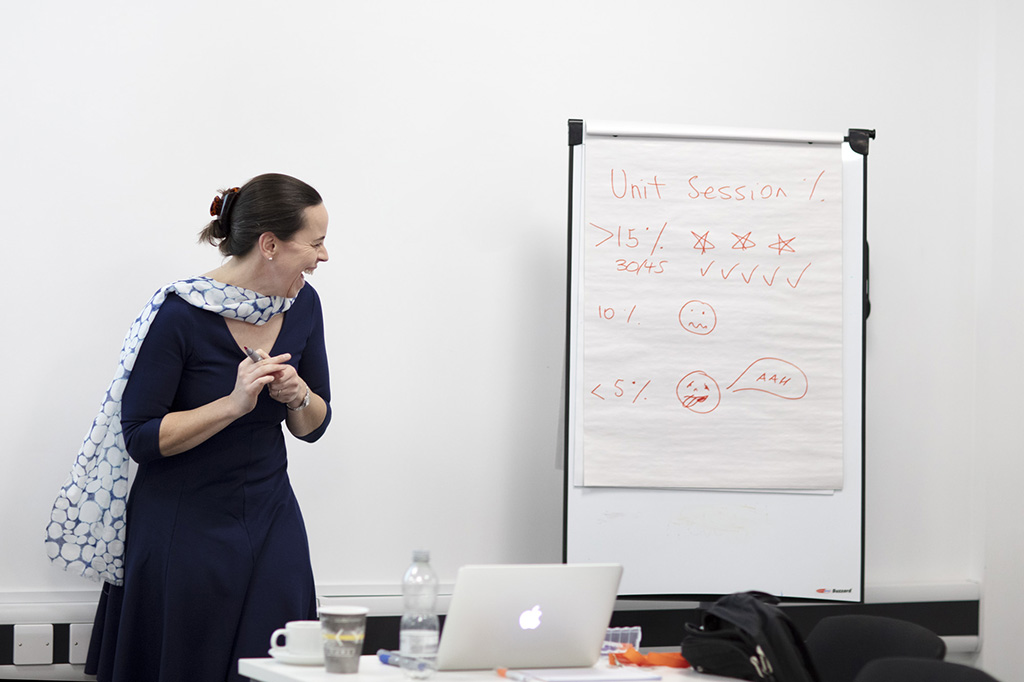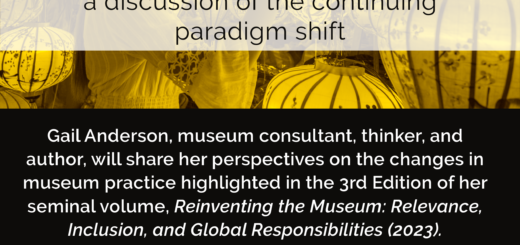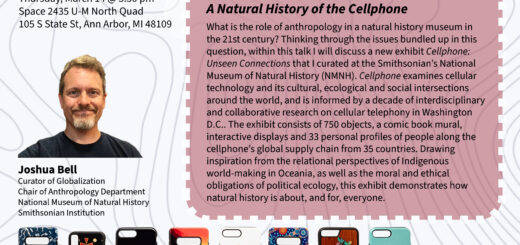A letter from the United Kingdom

This letter from the field was shared with MSP by Heloise Finch, MSP05
How often do you buy something on Amazon? Do you buy the same things that you would in a store? As consumers we love Amazon. It’s so easy to flit from product to product. We compare and contrast, and make sure we’ve got the best deal. Yet companies selling on the Amazon platform face countless competitors. How do they make sure their products stand out from the crowd?
Last month I spent the morning at the International Aviation Academy in Norwich, United Kingdom. I had great fun talking with ambitious companies in luxury grocery, children’s toys and household goods about how to sell more on Amazon. But … having been an academic and a curator for so many years, it still feels funny to be giving a seminar that’s not about history!
Today I’m the CEO of a marketing agency – Sell Beyond – which helps brands grow their revenues on Amazon in English, French, German, Spanish and Italian. We enable companies to scale their Amazon alongside their supermarket sales or their own ecommerce website.
But I didn’t start out as a CEO.
I started out with a PhD in Anthropology and History, and the Museums Studies Certificate, from UM. Back then I was obsessed with exciting questions about French decolonization and peoples’ relationships to material culture. Yet something was missing. I never felt that I was a good fit as an academic. Doing an internship funded by the Museum Studies Program opened my eyes and allowed me to rethink my career. After my PhD I spent 5 years as a science and technology curator at the National Maritime Museum in Greenwich, London, UK where I gained extensive experience in public speaking and adult education.
The skills I learned in that museum role have been key to my business success to date.
At the National Maritime Museum, there was one golden rule. Any kind of public communication (exhibitions, talks, digital displays, podcasts) had to answer the question “What does it mean to me?”
In other words, research and knowledge about history, art or science had to be filled with meaning and emotion to maximise audience engagement. Would the average person care, and be able to relate it back to their own experience? If not, start again.
Getting your message across effectively by triggering emotions, rather than only lecturing on the facts, is a great rule for curators.
It is also an awesome foundation for being good at marketing.
Whether you are selling on Amazon, or explaining big ideas to members of the public, you want to be the reason that people feel satisfied. Give them that sense of relief that they’ve finally found what they were looking for!



